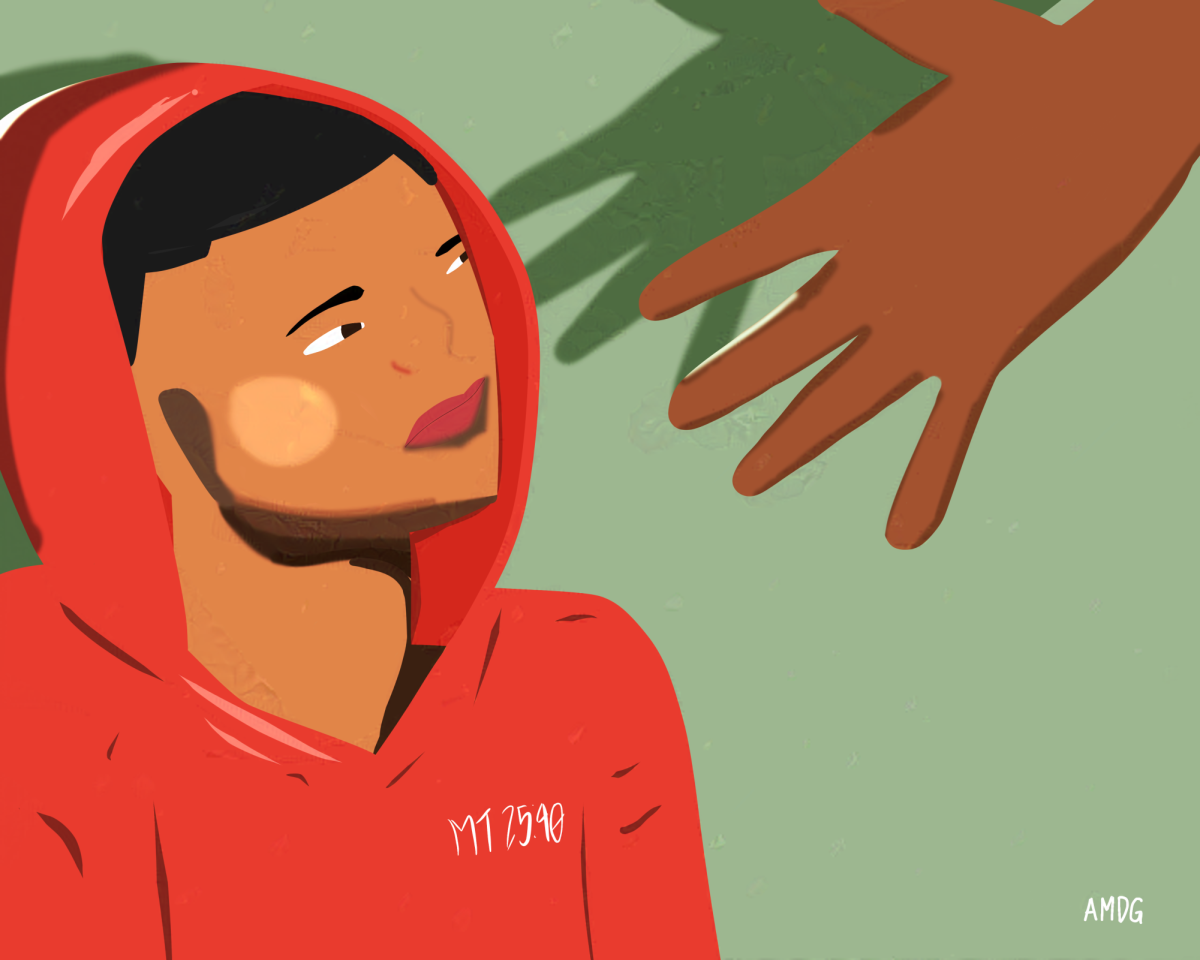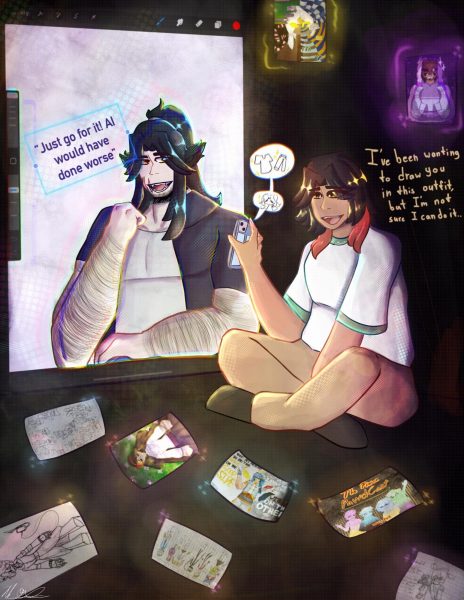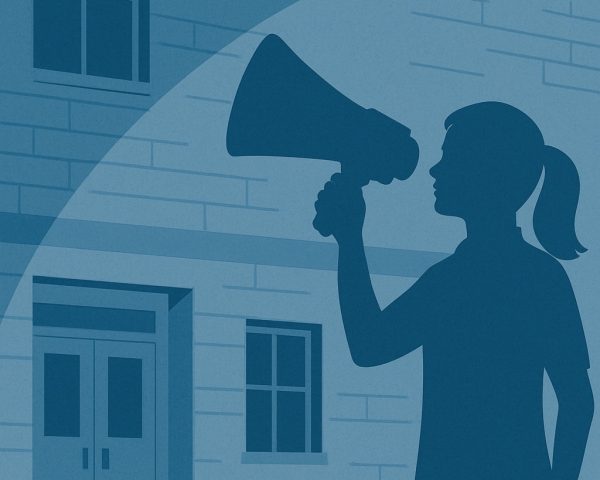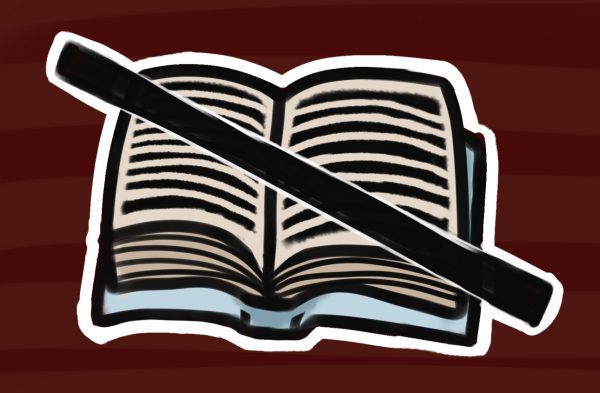View Homeless People as More than their Actions
Society as a whole has become increasingly accepting of the homeless as people who have basic human rights to necessities such as food and water. The recognition of their humanity is something easy for most people of varying ideological backgrounds to accept. However, many of the housed in society become hesitant whenever these poverty-stricken individuals exhibit behaviors considered by many to be repulsive. This includes the yelling that can be witnessed in the neighborhoods of Honolulu and even substance abuse like with one homeless woman I have interacted with. I remember her asking me if I had any drugs. At that point, it may be easy to harbor feelings of hatred and scorn toward her, but even these victims of unfortunate circumstances deserve compassion and respect as a human.
Substance abuse is a common problem among the homeless that can have unhealthy effects, but this should never be seen as a willful choice that determines the inherent worth of the person. In one particular case, for a man named Cameron, his fight against drug addiction was not only a mental battle of wills but a physical one as well, involving diarrhea and vomiting. The war against substance abuse is, as demonstrated by Cameron’s case, not simply just disciplining oneself. While it is possible that some extremely dedicated people are willing to suffer for the sake of giving up an addiction, it is still an oversimplification to view their addiction as a habit of choice and condemn them for it. This view is defeated by a late 19th-century Chinese doctor named Jìtiānxiáng Mǎ Gǔ (commonly anglicized or translated as Mark Ji Tianxiang) who served and treated the poor for free. He, like Cameron, was addicted to drugs and had a sheer commitment to stop. However, Jìtiānxiáng ended up addicted to opium up to the point of death. He was a man of love and strong convictions, allowing him to give up his life instead of his religion, earning him veneration from many people around the world yet he did not give up his addiction. Why? Because drug addiction is a complicated issue, now considered a disease instead of a matter of choice. Homeless people may have initially chosen to take drugs to ease a certain pain, but these do not define their person when they get addicted unwillingly. The lives of these two people are not the only people who reflect the fact that addiction does not change the dignity of a person: Priscilla Lynn Ching, a homeless mother in O’ahu who was stuck in the ditch of depression and addiction, yet eventually emerged out of the darkness of despair. This journey from despair demonstrated that despite Ching being attached to some substance, she managed to find a way out. The substance use that had been sustaining her in her suffering may have had biological effects and could have instilled in her or prolonged her depression, but it did not have any effect on her humanity and status as a human being. With assistance, Ching was brought out of her terrible situation regardless of how deep into the problem she was. Similarly, when other homeless people are seen being affected by addiction, they are no less human because of the changes that the substance causes them. They would still have the potential to escape their addiction.
However, homeless people in Honolulu are not only seen as being addicted to substance abuse but can also be observed partaking in activities that can be labeled as “disturbances.” Individuals can be heard yelling swear words and seen getting into fights. Many may chime in and argue that this inhumane violence would drain out all respect owed to them, to be replaced with a new toxic chemical named scorn. However, homeless people who engage in these behaviors should continue to be treated with compassion and empathy because these actions do not make up their identity. This is shown in examining one of the unintended causes of these “disturbing” behaviors: mental health. As established earlier, despite the initial dose being potentially unjustifiable, the addiction may be completely unwilled. This addiction would lead to health effects, which would cause many homeless people’s mental health to deteriorate. Even though this deterioration may show itself in behaviors that can be seen as disruptive to society, the person’s humanity is untouched. The homeless woman in the previous paragraph was heavily weighed down by addiction, yet she was no less of a person. Her addiction was manifest in her depression and unwillingness to get out of bed. Yet she was able to get out of the situation. This was possible because of the help she received from mentors who gave her a chance in life. When homeless people are deprived of this opportunity due to scorn and social exclusion, they may continue to drill themselves into this addiction, worsening their behaviors and perpetuating the problem. On a related note about intentionally avoiding the homeless, social exclusion can worsen anti-social behaviors that homeless people may already hold. Already mentally degraded from their impoverished state and potentially worsened by substance abuse that they may turn to during these times, excluding the homeless from society leaves them empty of the help they need to recognize that they are a part of society as well. They are instead put behind a barrier of division that distinguishes in value the homeless person from the better-off individual. The homeless person would have little to no positive human interaction with housed people in society and they may react with the same treatment they have been given: a lack of understanding of the experiences of others. However, when compassion and empathy are introduced into the interaction between the housed and the unhoused, a connection between the two classes is built, preventing a drift into potentially worse anti-social behaviors
That homeless woman from the beginning is clearly no less deserving of civility for her actions. However, when people attack her for her behavior, they may be equating the difficult struggle of addiction to a lack of dignity. They are ignoring the rest of her identity to focus on one painful habit that she has. In a society that wishes to recognize that human beings are more than their actions, this judgment of homeless people must stop.
Aloha. The Pinion staff wants to send two students and one adviser to the JEA Spring Convention in Minneapolis in April 2026.
We are applying for a first-time attendee grant to cover lodging and registration fees. However, we could use your help to pay for travel.
We have other ways you can support The Pinion, too. Visit https://mhspinion.com/about to learn more.
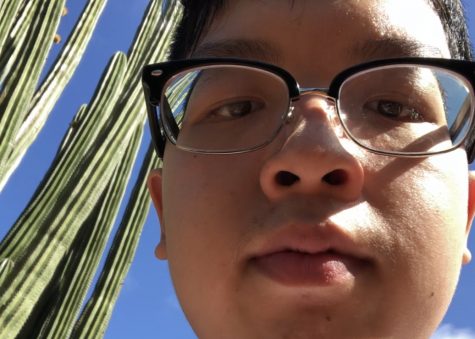
Hi, my name is Justin Nguyen and I am a reporter here at The Pinion. I have experience with the press because I was in Newswriting in middle school. I...




